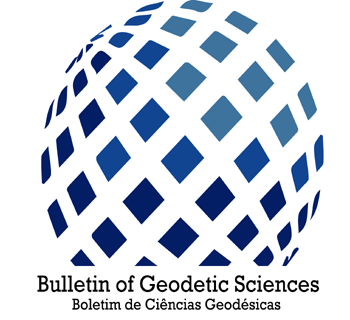In this work, we assessed the performance of the cycle-slip detection methods: Turbo Edit (TE), Melbourne-Wübbena wide-lane ambiguity (MWWL) and forward and backward moving window averaging (FBMWA). The TE and MWWL methods were combined with ionospheric total electron content rate (TECR), and the FBMWA with second-order time-difference phase ionosphere residual (STPIR) and TECR. Under different scenarios, 10 Global Positioning System (GPS) datasets were used to assess the performance of the methods for cycle-slip detection. The MWWL-TECR delivered the best performance in detecting cycle-slips for 1 s data. The relative comparisons show that the FBMWA-TECR method performed slightly better than its original version, FBMWA-STPIR, detecting 100% and 73%, respectively. For data with a sample rate of 5 s, the FBMWA-TECR performed better than MWWL-TECR. However, the FBMWA is suitable only for post-processing, which refers to applications where the data are processed after the fact.























